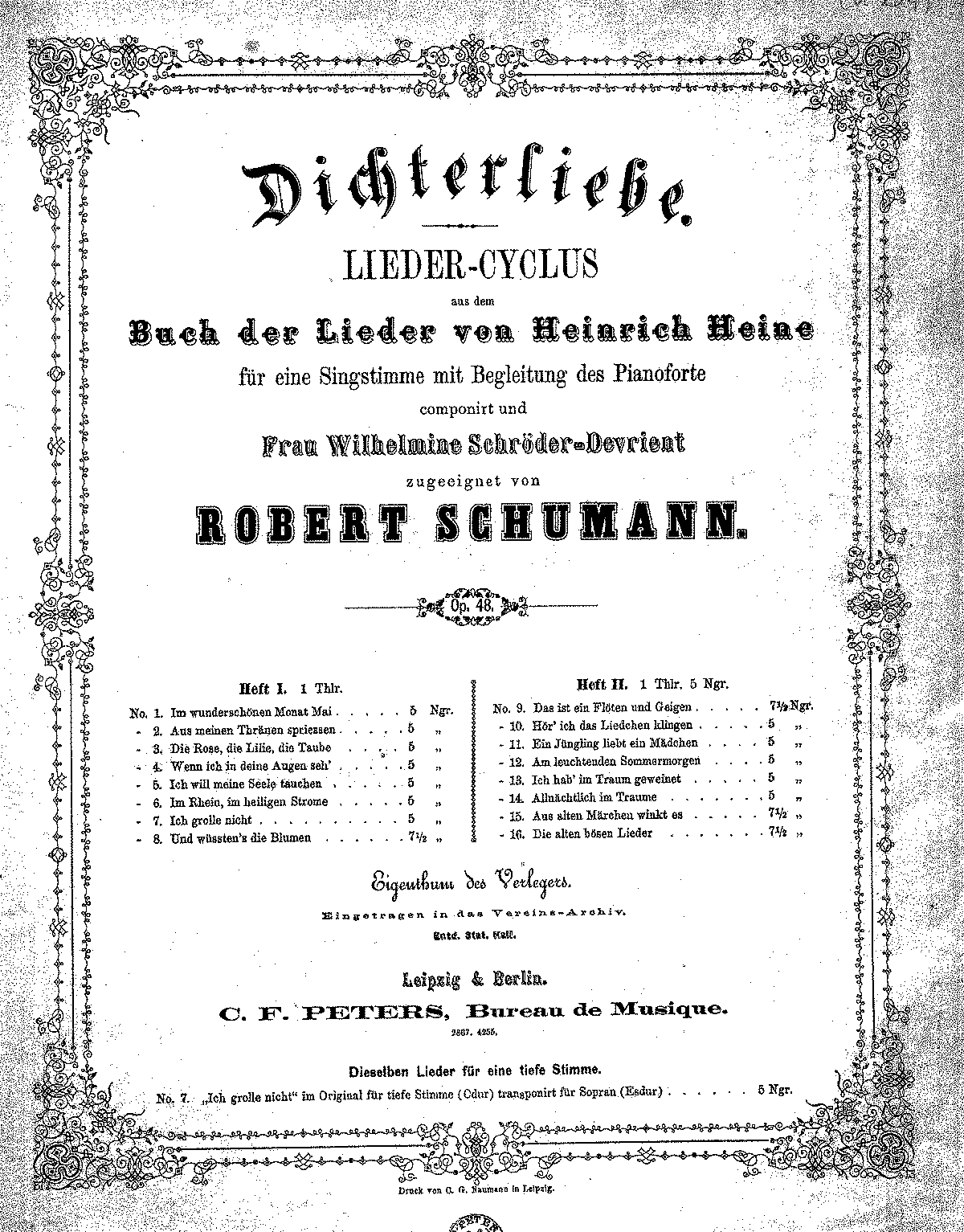|
Alexandrina Milcheva-Nonova
Alexandrina Miltcheva (born 27 November 1934, in Smyadovo) is a Bulgarian operatic mezzo-soprano. Career After making her debut at the State Opera of Varna as Dorabella in Mozart's ''Così fan tutte'', she won first prize at the Concours international de chant de Toulouse. She has been a member of the Sofia National Opera since 1968. on Bach Cantatas Website She has sung the main roles of the repertoire on major international stages such as the in Paris, of Milan, the |
Smyadovo
Smyadovo (, ; ISO transliterated ''Smjadovo'') is a town in eastern Bulgaria, part of Shumen Province. It is the administrative centre of the homonymous Smyadovo Municipality, which lies in the southeastern part of the province. As of December 2009, the town had a population of 4,036. The operatic mezzo soprano Alexandrina Miltcheva was born in Smyadovo on 27 November 1934. Smyadovo lies in the southeastern Danubian Plain (Bulgaria), Danubian Plain, at the northern foot of the eastern Balkan Mountains. It was first mentioned in early Ottoman Empire, Ottoman times (Evliya Çelebi mentions it as ''Smedovak'') and was proclaimed a town in 1969. Smyadovo Cove in Rugged Island (South Shetland Islands), Rugged Island in the South Shetland Islands, Antarctica is named after Smyadovo. Municipality Smyadovo municipality covers an area of 354 square kilometres (of which 180 square kilometres arable) and includes the following 10 places: * Aleksandrovo, Shumen Province, Aleksandrovo * By ... [...More Info...] [...Related Items...] OR: [Wikipedia] [Google] [Baidu] |
Lied
In the Western classical music tradition, ( , ; , ; ) is a term for setting poetry to classical music. The term is used for any kind of song in contemporary German and Dutch, but among English and French speakers, is often used interchangeably with "art song" to encompass works that the tradition has inspired in other languages as well. The poems that have been made into lieder often center on pastoral themes or themes of romantic love. The earliest ''Lieder'' date from the late fourteenth or early fifteenth centuries, and can even refer to from as early as the 12th and 13th centuries. It later came especially to refer to settings of Romantic poetry during the late eighteenth and nineteenth centuries, and into the early twentieth century. Examples include settings by Joseph Haydn, Wolfgang Amadeus Mozart, Ludwig van Beethoven, Franz Schubert, Robert Schumann, Johannes Brahms, Hugo Wolf, Gustav Mahler or Richard Strauss. History Terminology For German speakers, the ... [...More Info...] [...Related Items...] OR: [Wikipedia] [Google] [Baidu] |
Bulgarian Music Educators
Bulgarian may refer to: * Something of, from, or related to the country of Bulgaria * Bulgarians, a South Slavic ethnic group * Bulgarian language, a Slavic language * Bulgarian alphabet * A citizen of Bulgaria, see Demographics of Bulgaria * Bulgarian culture * Bulgarian cuisine, a representative of the cuisine of Southeastern Europe See also * * List of Bulgarians * Bulgarian name, names of Bulgarians * Bulgarian umbrella, an umbrella with a hidden pneumatic mechanism * Bulgar (other) * Bulgarian-Serbian War (other) The term Bulgarian-Serbian War or Serbian-Bulgarian War may refer to: * Bulgarian-Serbian War (839-842) * Bulgarian-Serbian War (853) * Bulgarian-Serbian wars (917-924) * Bulgarian-Serbian War (1330) * Bulgarian-Serbian War (1885) * Bulgarian ... {{disambiguation Language and nationality disambiguation pages ... [...More Info...] [...Related Items...] OR: [Wikipedia] [Google] [Baidu] |
Operatic Mezzo-sopranos
Opera is a form of Western theatre in which music is a fundamental component and dramatic roles are taken by singers. Such a "work" (the literal translation of the Italian word "opera") is typically a collaboration between a composer and a librettist and incorporates a number of the performing arts, such as acting, scenery, costume, and sometimes dance or ballet. The performance is typically given in an opera house, accompanied by an orchestra or smaller musical ensemble, which since the early 19th century has been led by a conductor. Although musical theatre is closely related to opera, the two are considered to be distinct from one another. Opera is a key part of Western classical music, and Italian tradition in particular. Originally understood as an entirely sung piece, in contrast to a play with songs, opera has come to include numerous genres, including some that include spoken dialogue such as ''Singspiel'' and ''Opéra comique''. In traditional number opera, singers e ... [...More Info...] [...Related Items...] OR: [Wikipedia] [Google] [Baidu] |
Living People
Purpose: Because living persons may suffer personal harm from inappropriate information, we should watch their articles carefully. By adding an article to this category, it marks them with a notice about sources whenever someone tries to edit them, to remind them of WP:BLP (biographies of living persons) policy that these articles must maintain a neutral point of view, maintain factual accuracy, and be properly sourced. Recent changes to these articles are listed on Special:RecentChangesLinked/Living people. Organization: This category should not be sub-categorized. Entries are generally sorted by family name In many societies, a surname, family name, or last name is the mostly hereditary portion of one's personal name that indicates one's family. It is typically combined with a given name to form the full name of a person, although several give .... Maintenance: Individuals of advanced age (over 90), for whom there has been no new documentation in the last ten ... [...More Info...] [...Related Items...] OR: [Wikipedia] [Google] [Baidu] |
1934 Births
Events January–February * January 1 – The International Telecommunication Union, a specialist agency of the League of Nations, is established. * January 15 – The 8.0 1934 Nepal–Bihar earthquake, Nepal–Bihar earthquake strikes Nepal and Bihar with a maximum Mercalli intensity scale, Mercalli intensity of XI (''Extreme''), killing an estimated 6,000–10,700 people. * February 6 – 6 February 1934 crisis, French political crisis: The French far-right leagues rally in front of the Palais Bourbon, in an attempted coup d'état against the French Third Republic, Third Republic. * February 9 ** Gaston Doumergue forms a new government in France. ** Second Hellenic Republic, Greece, Kingdom of Romania, Romania, Turkey and Kingdom of Yugoslavia, Yugoslavia form the Balkan Pact. * February 12–February 15, 15 – Austrian Civil War: The Fatherland Front (Austria), Fatherland Front consolidates its power in a series of clashes across the country. * February 16 – The ... [...More Info...] [...Related Items...] OR: [Wikipedia] [Google] [Baidu] |
Riccardo Muti
Riccardo Muti (; born 28 July 1941) is an Italian conductor. He is current music director of the Orchestra Giovanile Luigi Cherubini. Muti has previously held posts at the Maggio Musicale in Florence, the Philharmonia Orchestra in London, the Philadelphia Orchestra, the Teatro alla Scala in Milan, the Salzburg Whitsun Festival, and the Chicago Symphony Orchestra. He was named Music Director Emeritus in Chicago in 2023. A prolific recording artist, Muti has received numerous honours and awards, including two Grammy Awards. He is especially associated with the music of Giuseppe Verdi. Among the world's leading conductors, in a 2015 '' Bachtrack'' poll he was ranked by music critics as the world's fifth best living conductor. Childhood and education Muti was born in Naples but he spent his early childhood in Molfetta, near Bari, in the long region of Apulia on Italy's southern Adriatic coast. His father, Domenico, was a pathologist in Molfetta, as well as an amateur singe ... [...More Info...] [...Related Items...] OR: [Wikipedia] [Google] [Baidu] |
Herbert Von Karajan
Herbert von Karajan (; born ''Heribert Adolf Ernst Karajan''; 5 April 1908 – 16 July 1989) was an Austrian conductor. He was principal conductor of the Berlin Philharmonic for 34 years. During the Nazi era, he debuted at the Salzburg Festival, with the Vienna Philharmonic, the Berlin Philharmonic, and during World War II he conducted at the Berlin State Opera. Generally regarded as one of the greatest conductors of the 20th century, he was a controversial but dominant figure in European classical music from the mid-1950s until his death. Part of the reason for this was the large number of recordings he made and their prominence during his lifetime. By one estimate, he sold 200 million records. Biography Early life Genealogy The Karajans were of Greek ancestry. Herbert's great-great-grandfather, Georg Karajan (Geórgios Karajánnis, ), was born in Kozani, in the Ottoman province of Rumelia (now in Greece), leaving for Vienna in 1767, and eventually Chemnitz, Electorate of ... [...More Info...] [...Related Items...] OR: [Wikipedia] [Google] [Baidu] |
Sir Georg Solti
Sir Georg Solti ( , ; born György Stern; 21 October 1912 – 5 September 1997) was a Hungarian-British orchestral and operatic conductor, known for his appearances with opera companies in Munich, Frankfurt, and London, and as a long-serving music director of the Chicago Symphony Orchestra. Born in Budapest, he studied there with Béla Bartók, Leó Weiner, and Ernő Dohnányi. In the 1930s, he was a ''répétiteur'' at the Hungarian State Opera and worked at the Salzburg Festival for Arturo Toscanini. His career was interrupted by the rise of the Nazis' influence on Hungarian politics, and being Jewish, he fled the increasingly harsh Hungarian anti-Jewish laws in 1938. After conducting a season of Russian ballet in London at the Royal Opera House, he found refuge in Switzerland, where he remained during the Second World War. Prohibited from conducting there, he earned a living as a pianist. After the war, Solti was appointed musical director of the Bavarian State Opera ... [...More Info...] [...Related Items...] OR: [Wikipedia] [Google] [Baidu] |
Tchaikovsky
Pyotr Ilyich Tchaikovsky ( ; 7 May 1840 – 6 November 1893) was a Russian composer during the Romantic period. He was the first Russian composer whose music made a lasting impression internationally. Tchaikovsky wrote some of the most popular concert and theatrical music in the classical repertoire, including the ballets ''Swan Lake'' and ''The Nutcracker'', the ''1812 Overture'', his First Piano Concerto, Violin Concerto, the ''Romeo and Juliet'' Overture-Fantasy, several symphonies, and the opera ''Eugene Onegin''. Although musically precocious, Tchaikovsky was educated for a career as a civil servant as there was little opportunity for a musical career in Russia at the time and no public music education system. When an opportunity for such an education arose, he entered the nascent Saint Petersburg Conservatory, from which he graduated in 1865. The formal Western-oriented teaching Tchaikovsky received there set him apart from composers of the contemporary nationalist mo ... [...More Info...] [...Related Items...] OR: [Wikipedia] [Google] [Baidu] |
Moussorgsky
Modest Petrovich Mussorgsky (; ; ; – ) was a Russian composer, one of the group known as " The Five." He was an innovator of Russian music in the Romantic period and strove to achieve a uniquely Russian musical identity, often in deliberate defiance of the established conventions of Western music. Many of Mussorgsky's works were inspired by Russian history, Russian folklore, and other national themes. Such works include the opera ''Boris Godunov'', the orchestral tone poem ''Night on Bald Mountain'' and the piano suite ''Pictures at an Exhibition''. For many years, Mussorgsky's works were mainly known in versions revised or completed by other composers. Many of his most important compositions have posthumously come into their own in their original forms, and some of the original scores are now also available. Name The spelling and pronunciation of the composer's name have caused some confusion. The family name derives from a 15th- or 16th-century ancestor, Roman Vasily ... [...More Info...] [...Related Items...] OR: [Wikipedia] [Google] [Baidu] |







